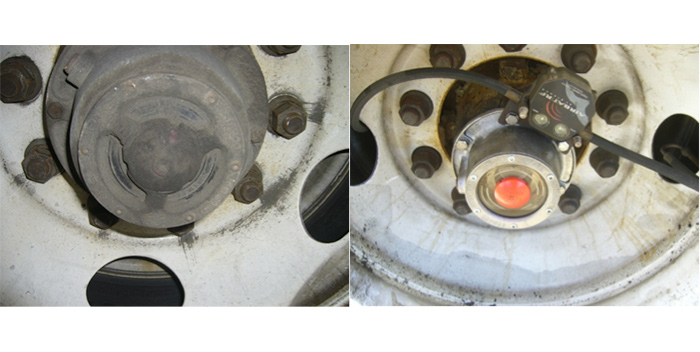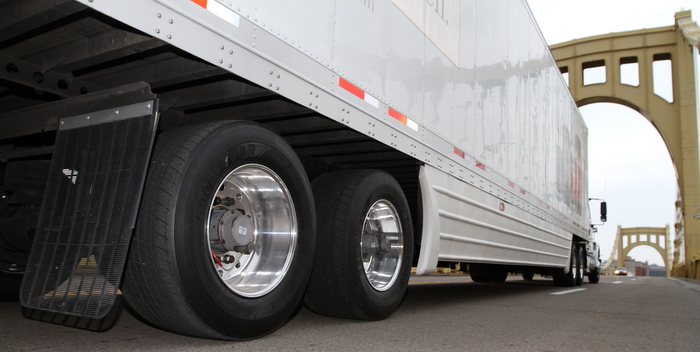Even though new truck sales are ramping up with vehicle orders, there are still a number of used trucks in service.
Andreas Renschler, the Daimler board of management member responsible for Daimler Trucks and Daimler Buses, commented recently that in the coming years, the [new truck sales] prospects for the U.S. market remain promising because, “…the average age of truck fleets here has now reached the highest level in about 30 years. So there’s a great demand for replacements.”
With older vehicles in the fleet, looking for new parts and remanufactured parts for older vehicles right now can be a challenge. Also, the current increase in sales of used Class 8 trucks has placed a larger demand on the supply of parts in North America. This has resulted in a jump in the number of remanufactured components being purchased to outfit those vehicles.
“Many truck operators have recognized the significant value of top-quality remanufactured components,” said Doug Wolma, general manager, remanufacturing, Meritor. “Trucking operations of all sizes are realizing the real value of remanufactured components, not just in terms of cost savings, which can be as much as 30% less, but in terms of nationwide warranty coverage and quality production processes that contribute to longer component life and an improved bottom line,” Wolma added.
As an example, Wolma went on to note that fleets of all sizes are opting for remanufactured manual and automatic transmissions, as well as axle differentials. To address the demand for remanufactured components, Meritor said it recently implemented a number of improvements, such as introducing an additional differential production line at its Plainfield, Ind. remanufacturing facility and increasing capacity at its Mississauga, Ontario, facility that remanufactures steering gears and manual transmissions.
Many fleets still face challenges locating the parts they need. A possible solution might be to consider using a web-based service that offers online searches for parts. One company, PartsRiver, provides data and other solutions that it says have helped companies across the globe bring order, efficiency and profitability to their parts master.
The company states that its online service analyzes and cleanses all of fleet data to create high quality parts master, noting that it can help fleets customize the search engine to meet exclusive fleet needs. It can also add UNSPSC or VMRS classification to improve maintenance analysis, inventory management and warranty claims. In addition, it has the ability to manage part catalogs and price changes directly from fleet suppliers and then cleanse and increase the data quality to help fleets control costs. In addition, it can cross-reference parts across manufacturers and suppliers to ensure accuracy as well as maintain compliance with a company’s business rules. The company also says that it can help fleets configure a custom dashboard so they can choose the metrics they want to track and how they want to view them.









